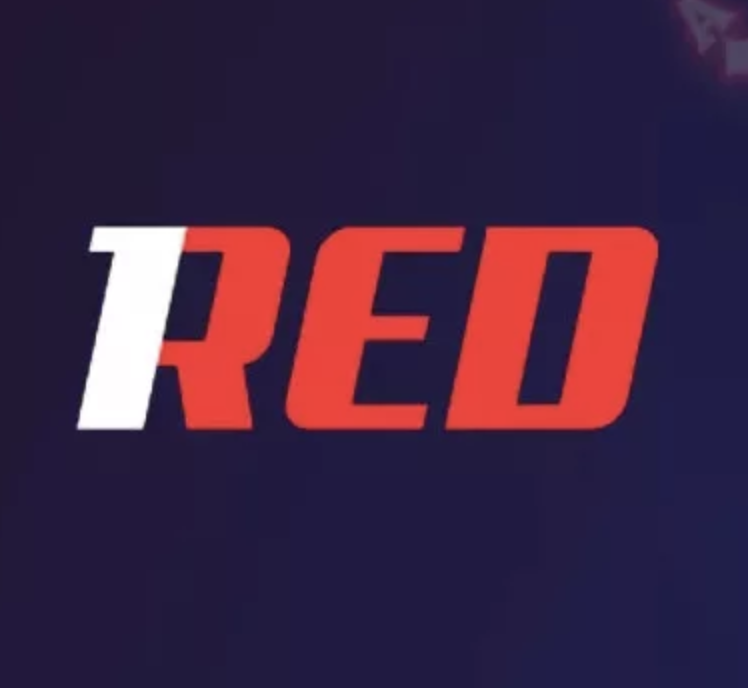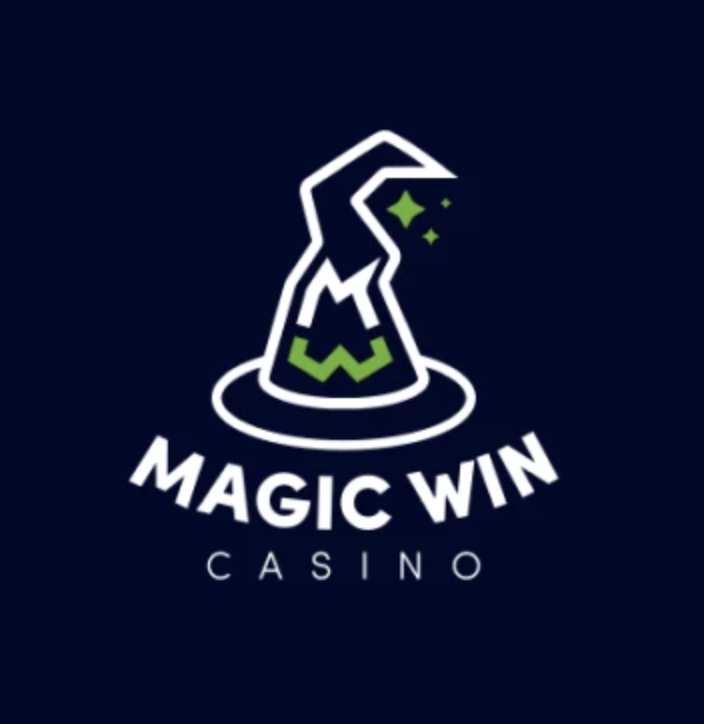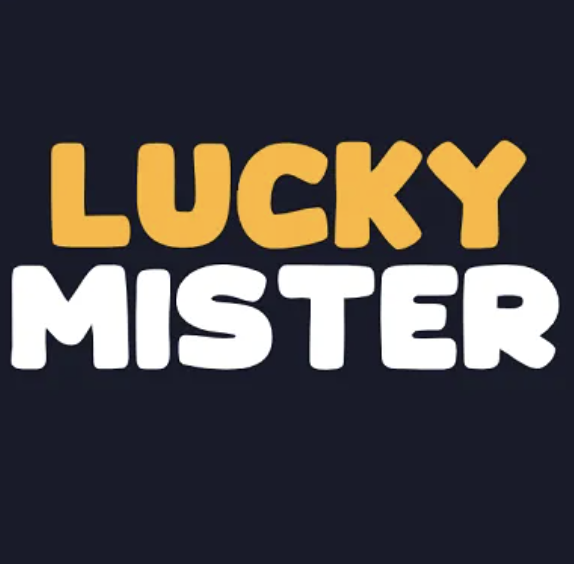
The Psychology of Halloween Gambling: Why Your Brain Takes Bigger Risks (And How to Stop It)
Let me ask you something: Have you ever noticed that you bet more aggressively on holidays than on random Tuesdays?
You’re not imagining it. And you’re not weak-willed or reckless—you’re human.
Your brain operates differently on Halloween than it does on February 12th. The neuroscience is clear: holidays trigger chemical and cognitive changes that make you more likely to take bigger risks, ignore warning signs, and make decisions you’d never make in your normal state of mind.
List of Best Casinos 2025
🏅 Cosmobet
Cosmobet offers a vast game library and attractive crypto incentives, making it a top choice for diverse gaming experiences.
🏅 Velobet

- Welcome Bonus: 150% up to €500 + 70 Free Spins on the first deposit.
- Withdrawal Speed: Varies; e-wallets and cryptocurrencies offer faster processing.
- Unique Benefits:
- Over 70 game providers, offering a diverse gaming experience.
- Crypto-friendly platform with multiple payment options.
- Regular promotions and a user-friendly interface.
Velobet stands out with its extensive game selection and flexible payment options, appealing to a broad range of players.
🏅 Goldenbet
FreshBet Casino
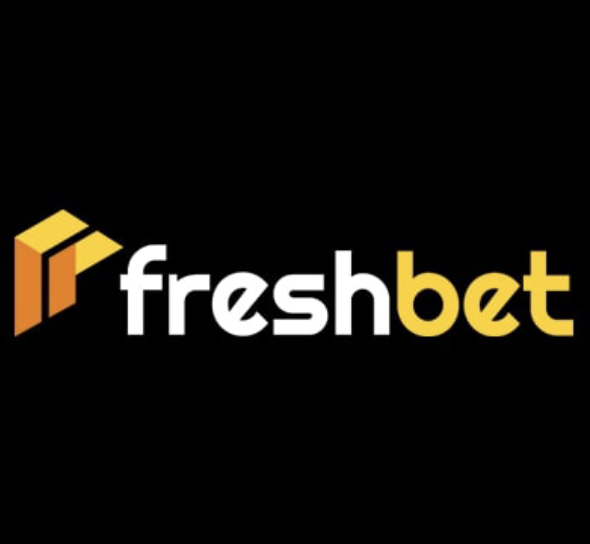
- Welcome Bonus: 100% up to €1,500 + 500 FS on your first three deposits.
CasinoJoy
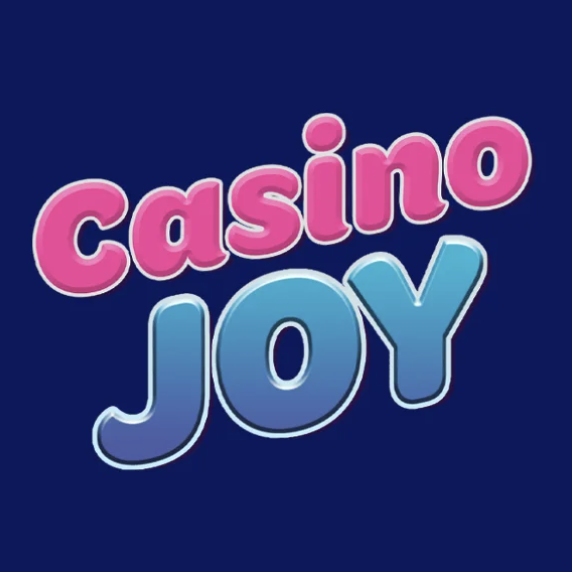
- Welcome Bonus: 450% up to €6,000 + 425 FS across the first four deposits.
CasinoJoy offers an extensive game library and generous bonuses, catering to both casual and high-roller players seeking variety and value.
1RED
SpinsHeaven
MagicWin
LuckyMister
I’ve spent three decades watching casino players, and I can tell you this: the smartest, most disciplined gamblers I know make their worst decisions during holidays. Not because they suddenly become stupid—but because their brains are flooded with dopamine, their inhibitions are lowered by festive atmospheres, and their decision-making shifts from logical to emotional.
The good news? Once you understand the psychology behind holiday gambling behavior, you can recognize when it’s happening and deploy specific techniques to stay in control. That’s what this guide is about—not judging your choices, but arming you with knowledge to make better ones.
Important note before we begin: If you’re gambling with money you can’t afford to lose, or if gambling is causing problems in your life, please contact the National Council on Problem Gambling at 1-800-522-4700. The techniques in this article help recreational gamblers stay recreational—they’re not treatment for problem gambling. There’s no shame in getting professional help.
For everyone else? Let’s talk about why Halloween turns your brain into a risk-seeking machine—and what you can do about it.
Why Holidays Mess With Your Gambling Brain
Here’s what’s happening in your brain on Halloween that doesn’t happen on regular days:
Dopamine is already elevated. Holidays trigger dopamine release—the same neurotransmitter that fires when you win at slots. You’re walking around in a mildly euphoric state before you even see a casino. When you start gambling, you’re adding dopamine on top of dopamine. It’s like being slightly drunk before taking your first drink—your baseline is already altered.
Your prefrontal cortex is compromised. This is the brain region responsible for logical decision-making, impulse control, and long-term planning. Festive environments, combined with sensory overload (costumes, decorations, music), reduce prefrontal cortex activity. You literally have less access to your “rational brain” on Halloween.
Social norms shift. On a random Tuesday, betting $100 per spin might feel reckless. On Halloween? “It’s a special occasion!” suddenly makes that same bet feel justified. This isn’t logic—it’s social permission that your brain translates into behavioral freedom.
Research from Cornell University found that people make riskier financial decisions on holidays by an average of 34% compared to regular days. That’s not a small increase—that’s your risk tolerance jumping by a third just because there’s a pumpkin on the calendar.
The “Treat Yourself” Trap
Behavioral economists have identified something called “mental accounting”—we keep different mental budgets for different types of spending. Your “regular gambling budget” might be $200 per month. But on Halloween, your brain creates a separate “special occasion budget” that doesn’t count against your regular budget.
This is why you can lose $300 on Halloween and think, “Well, it’s Halloween,” but lose $100 on a Tuesday and feel terrible. Same money, different mental categories.
My friend Dave, a usually conservative player, once told me: “I lost $500 on Halloween last year. When my wife asked about it, I said ‘It’s Halloween money,’ like that’s a real thing. She looked at me like I’d lost my mind—and she was right.”
The psychological trick: Your brain categorizes Halloween gambling as “entertainment spending” like going to a theme park, not as “gambling spending” subject to your normal limits. This categorical shift removes the usual guardrails.
How to counter it: Before Halloween, physically write down: “My Halloween gambling budget comes from my regular gambling budget, not from a separate category.” Make it explicit. Eliminate the mental accounting loophole.
5 Cognitive Biases That Spike on Halloween

Cognitive biases are mental shortcuts that usually help us but sometimes hurt us. On Halloween, five specific biases become dramatically stronger.
1. The Gambler’s Fallacy: “I’m Due for a Win”
This is the belief that past outcomes affect future outcomes in games of pure chance.
You’ve lost ten spins in a row. Your brain whispers: “I’m due. The next one has to hit.”
Wrong. Every spin is independent. The slot machine doesn’t know or care that you’ve lost ten times. The odds on spin eleven are identical to spin one.
But on Halloween? This fallacy intensifies. The festive atmosphere makes you feel like “tonight’s your night.” You interpret random variance as meaningful patterns.
Real example: I watched a player lose 30 consecutive spins on Halloween night. After each loss, he said, “Getting closer!” He wasn’t. He was just losing.
The fix: Before each bet, say out loud: “This bet has the exact same odds as every other bet. I am not due. There is no pattern.” Sounds silly, but verbalizing reality interrupts the fallacy.
2. The Hot Hand Fallacy: “I’m on a Streak!”
Opposite of gambler’s fallacy but equally destructive. You win three hands in a row and suddenly believe you’re “running hot.”
Reality? You got lucky three times. The fourth hand has the same odds it always had.
On Halloween, winning streaks feel more meaningful because your brain is primed to see patterns and magic in the air. “It’s Halloween—anything can happen!” becomes “It IS happening to me!”
The danger: You increase bet sizes during “hot streaks,” which means variance can destroy your bankroll faster. You win $50 over three bets, bet $100 on the fourth “while you’re hot,” and lose it all plus $50 more.
The fix: Bet the same amount regardless of recent results. Wins and losses are noise. Only long-term statistics matter.
3. The Illusion of Control: “Halloween is My Lucky Day”
You can’t control slot outcomes. You know this intellectually. But on Halloween, your brain believes you have special luck.
This is why players have “lucky” costumes, “lucky” times to play, and “lucky” machines on Halloween. They’re unconsciously trying to exert control over randomness.
Psychologist Ellen Langer demonstrated this in classic studies: people believe they have control even in purely random situations if they can make choices (which machine, when to play, how much to bet). The illusion is stronger in emotionally charged environments—like Halloween casinos.
The trap: Believing you have control makes you play longer and bet bigger, because you think your “skill” or “luck” will overcome the house edge. It won’t.
The fix: Before playing, write on a notecard: “I control when I play and how much I bet. I do not control outcomes. The house edge always wins long-term.” Keep this visible.
4. The Availability Heuristic: Remembering Wins, Forgetting Losses
Your brain remembers dramatic wins far more vividly than gradual losses. On Halloween, when someone at the next machine hits a jackpot, your brain immediately thinks: “That could be me! People are winning tonight!”
You don’t see the 47 people who lost money for every one jackpot. You only remember the winner.
This bias makes Halloween feel “luckier” because you’re surrounded by visible celebrations of wins (leaderboards, announcements, flashing lights) while losses are silent and invisible.
The trap: You overestimate winning probability because wins are memorable and losses are forgettable.
The fix: Track every session. Write down: Date, amount deposited, amount withdrawn, net result. When you see “Lost $100, Lost $75, Lost $120, Won $80, Lost $95” over six Halloween sessions, the availability heuristic loses power. Data beats memory.
5. The Sunk Cost Fallacy: “I’ve Already Spent $200…”
“I’ve already lost $200 trying to clear this bonus. I can’t stop now—I’d be wasting the $200!”
This is backwards. The $200 is already gone. Spending another $200 doesn’t recover the first $200—it risks losing $400 total.
On Halloween, sunk cost fallacy is especially vicious because you’ve mentally categorized losses as “entertainment spending.” You think, “I came out to have fun tonight, and I’m not done having fun.” So you keep depositing, chasing a feeling, not recovering money.
The trap: Every additional dollar you spend is a NEW decision independent of what you’ve already spent. Past losses shouldn’t influence future choices.
The fix: Before each new deposit, ask: “If I had never gambled tonight and someone offered me a fresh choice—deposit this amount right now—would I do it?” If no, then don’t deposit more.
How Casinos Weaponize Halloween Psychology
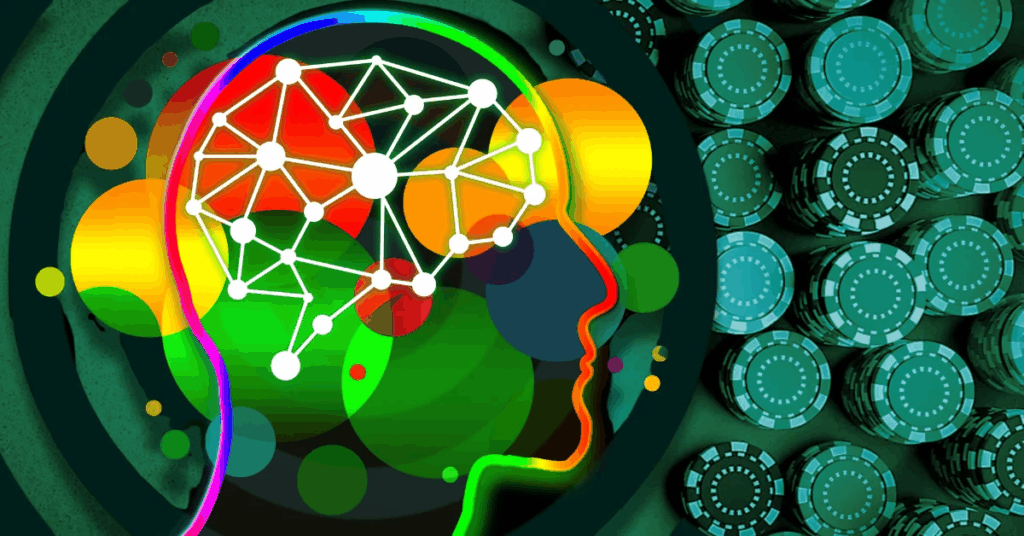
Casinos don’t accidentally stumble into Halloween promotions. They understand the psychology I’ve just described—and they exploit it deliberately.
Themed Slots Trigger Nostalgia and Emotional Connection
Halloween slots aren’t just regular slots with pumpkin symbols. They’re carefully designed to evoke childhood memories, excitement, and positive emotions.
When you see a Halloween-themed slot, your brain doesn’t think “This is a slot machine with a house edge.” It thinks “Halloween! Fun! Nostalgia!” You’re already in an emotional state before you bet a dollar.
Emotional decisions override logical ones. You don’t calculate RTP or volatility—you feel drawn to the game. That’s intentional design.
Limited-Time Urgency Creates FOMO
“Halloween Bonus Expires October 31st!”
This deadline triggers loss aversion—the pain of missing out exceeds the pleasure of gaining something equivalent. Your brain screams: “If I don’t claim this NOW, I’ll regret it forever!”
Reality? There will be another bonus next month. But your brain doesn’t care about next month when faced with a ticking clock.
Leaderboards Activate Social Competition
“See the Top 100 Halloween Winners!”
Suddenly you’re not just gambling for money—you’re competing for status. Seeing others win activates your competitive instincts. You want to be on that leaderboard.
This social dimension makes you play longer and bet bigger than you would in isolation. You’re not just trying to win—you’re trying to beat others.
Emotion vs Logic: The Halloween Gambling Battle
The fundamental problem on Halloween: your emotional brain (limbic system) is in high gear, while your logical brain (prefrontal cortex) is suppressed.
Fear of Missing Out (FOMO) becomes overwhelming. “Everyone’s playing tonight. If I don’t play, I’ll miss out on the fun.” This is emotional reasoning, not logical reasoning.
Excitement overrides caution. You know intellectually that you shouldn’t bet $50 per spin. But the excitement of Halloween makes $50 feel like Monopoly money. “Just once!” becomes “just once more” twenty times.
Alcohol magnifies everything. If you drink while gambling on Halloween, multiply every bias I’ve mentioned by 10. Alcohol further suppresses your prefrontal cortex while amplifying emotional responses. You’re making decisions with half a brain tied behind your back.
A University of British Columbia study found that gamblers who consume alcohol make bets 50-100% larger and play 40% longer than sober gamblers. On Halloween, when many people are drinking anyway, this becomes catastrophic.
The harsh truth: You cannot make good gambling decisions while intoxicated. Full stop. If you’re going to drink on Halloween, don’t gamble. If you’re going to gamble, don’t drink. Trying to do both is financial suicide.
7 Practical Techniques to Stay in Control
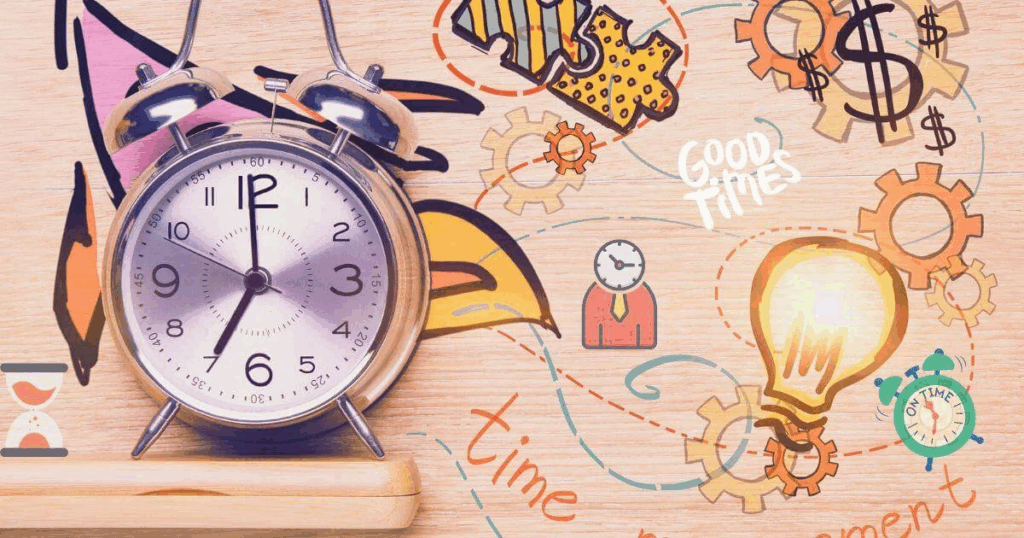
Understanding psychology is step one. Here are seven concrete techniques to maintain control when your brain is working against you:
1. Pre-Commitment Devices (The Ulysses Contract)
In Greek mythology, Ulysses tied himself to his ship’s mast before sailing past the Sirens—creatures whose songs drove sailors mad. He knew he’d be tempted, so he made it impossible to act on that temptation.
Do the same with gambling. BEFORE Halloween, set up barriers:
- Deposit limits on casino accounts (set to match your budget)
- Give credit cards to your spouse/friend for the night
- Bring only cash—leave cards at home
- Use casino self-exclusion features if necessary
Why it works: You make the decision while your prefrontal cortex is functioning normally. Later, when you’re compromised, the barriers protect you from yourself.
2. The 24-Hour Rule
Never make a gambling decision in the heat of the moment. Implement this rule:
“Any decision to deposit more than my initial budget requires waiting 24 hours.”
Lost your $200 budget and want to deposit $200 more? Fine—do it tomorrow. If you still want to tomorrow, go ahead. But enforce the 24-hour cooling-off period.
What happens: 24 hours later, your emotional state has normalized. Your logical brain is back online. You’ll probably decide the additional deposit is a bad idea.
Casinos hate this rule—which is why you should love it.
3. Emotional Check-Ins (The HALT Protocol)
Before any gambling session, check if you’re:
- Hungry
- Angry
- Lonely
- Tired
If yes to any, don’t gamble. These emotional states compromise decision-making.
On Halloween specifically, add:
- Drunk/buzzed
- Overly excited
- Feeling “lucky”
If yes to these, also don’t gamble. Play when you’re calm, sober, and rational—not when you’re riding an emotional wave.
4. Budget Visualization
Abstract numbers don’t feel real. Make your budget tangible:
Take your $200 Halloween budget in $20 bills. Hold them. Feel them. Take a photo of them spread on a table.
This is what you’re risking. Not “200”—these specific pieces of paper that could buy groceries, gas, or a nice dinner.
Before each bet, visualize those bills burning. Because that’s essentially what you’re doing—paying for entertainment. If visualizing burning money makes you uncomfortable, that bet is too big.
5. Accountability Partners
Tell someone you trust: “My Halloween gambling budget is $200. I’m giving you permission to call me out if I exceed it.”
Text them before you play: “Starting with $200.” Text them after: “Finished. Spent $180.”
Why it works: Knowing someone will ask about your session creates social accountability. You’re less likely to go overboard when you know you’ll have to explain it.
6. Environmental Controls
Change your environment to reduce temptation:
- Play at home online with strict deposit limits, not in brick-and-mortar casinos with ATMs everywhere
- Avoid “gambling rooms” at Halloween parties
- Don’t hang around friends who encourage reckless betting
- Leave when you hit your time limit (set phone alarm)
Remember: Willpower is a finite resource. Don’t waste it fighting temptation all night. Remove the temptation instead.
7. Substitution Strategies
What if the real draw isn’t gambling—it’s excitement and social connection?
Alternative Halloween activities that provide similar dopamine hits without financial risk:
- Escape rooms (costs $30, provides intense excitement)
- Horror movie marathons (costs $15 for streaming)
- Costume contests with friends (free to cheap)
- Haunted houses (costs $20-40)
If you’re gambling primarily for excitement, these alternatives deliver similar experiences without risking hundreds of dollars.
The test: If gambling is truly “just entertainment,” then these alternatives should be equally satisfying. If only gambling will do, you might have a deeper issue worth examining.
FAQ: Your Halloween Gambling Psychology Questions
Q: Why do I feel “luckier” on Halloween than other days?
You don’t—you feel more optimistic, which you misinterpret as luck. Halloween activates positive emotions and reduces critical thinking. Your brain is primed to see magic and possibilities. This feels like luck, but it’s just altered neurochemistry. The RNG doesn’t know it’s Halloween.
Q: Is it really that bad to bet bigger on special occasions?
Depends on what “bigger” means. If your regular bet is $1 and you bet $2 on Halloween, fine—that’s within most people’s variance tolerance. If your regular bet is $5 and you bet $50 on Halloween, that’s dangerous. The problem isn’t special occasion betting—it’s betting so much bigger that losses become unaffordable.
Q: How can I tell if my Halloween gambling is becoming a problem?
Warning signs: (1) Spending more than your predetermined budget, (2) Lying about losses, (3) Feeling unable to stop even when losing, (4) Gambling to escape negative feelings, (5) Regretting your gambling the next day. One or two incidents don’t define a problem, but patterns do.
Q: Does playing with friends make me bet more recklessly?
Usually yes. Social gambling activates competition and peer pressure. You match friends’ bet sizes even if they’re beyond your budget. You stay longer to keep hanging out. You make riskier bets to seem bold. Solution: Set your personal limits before arriving and stick to them regardless of friends’ behavior.
Q: Can I train myself to be immune to these psychological effects?
Not immune—but resistant. Professional gamblers aren’t immune to cognitive biases; they just have systems that override biases. The techniques I outlined (pre-commitment, 24-hour rule, etc.) are those systems. Think of it like building muscle: you get stronger with practice, but you’re never invincible.
Q: Why do losses hurt more the day after Halloween than they did during?
Emotional state shift. During Halloween, you’re euphoric, your brain is flooded with dopamine, and losses feel abstract. The next day, dopamine levels normalize, reality sets in, and you process losses logically instead of emotionally. This is why the 24-hour rule works—your Halloween self and your November 1st self make very different decisions.
Q: Should I just avoid gambling entirely on Halloween?
Only if: (1) You have a history of losing control on holidays, or (2) You’re in a vulnerable emotional state. For most recreational gamblers, Halloween gambling is fine—as long as you implement the protective techniques in this article. Self-awareness + systems = controlled fun.
When Psychology Becomes Pathology: Recognizing Problem Gambling
Everything I’ve discussed assumes you’re a recreational gambler who wants to stay recreational. But sometimes, the psychology I’ve described isn’t just “holiday fun gone too far”—it’s a sign of deeper issues.
Seek professional help if you:
- Regularly gamble with money needed for bills
- Lie to loved ones about gambling losses
- Feel unable to stop even when losing
- Chase losses compulsively
- Experience guilt, anxiety, or depression related to gambling
- Gamble to escape problems or negative emotions
These aren’t moral failures—they’re symptoms of a neurological condition that affects 1-2% of the population. Problem gambling isn’t about willpower; it’s about brain chemistry and neural pathways that have been altered by repeated behavior.
Resources:
- National Council on Problem Gambling: 1-800-522-4700
- Gamblers Anonymous: www.gamblersanonymous.org
- SMART Recovery: www.smartrecovery.org (alternative to 12-step)
Treatment works. Recovery is possible. If you think you might have a problem, the bravest thing you can do is admit it and get help.
Final Thoughts: Psychology as Power, Not Weakness
If you take one thing from this article, take this: Understanding why you make poor gambling decisions on Halloween doesn’t mean you’re weak—it means you’re smart.
Your brain is operating exactly as evolution designed it to operate. Dopamine rewards risk-taking in festive environments because historically, that helped us bond socially and seize opportunities. The problem is that casinos have figured out how to hijack those ancient systems for profit.
But knowledge is power. When you understand:
- Why holidays lower your inhibitions
- Which cognitive biases spike on Halloween
- How casinos exploit festive psychology
- What techniques actually work to maintain control
…you gain the ability to enjoy Halloween gambling without destroying your bankroll or your wellbeing.
The goal isn’t to eliminate fun. The goal is to keep fun recreational instead of letting it become destructive.
So this Halloween, enjoy the costumes, the candy, and yes—if it’s your thing—the casino games. Just do it with your eyes open, your prefrontal cortex engaged, and your pre-commitment devices in place.
Your future self will thank you when November 1st arrives and you’ve got money left in your account.
Happy Halloween—stay smart, stay safe, and may your logical brain win the battle against your emotional brain! 🎃🧠
Resources:
- National Council on Problem Gambling: 1-800-522-4700 / www.ncpgambling.org
- GamCare (UK): 0808 8020 133 / www.gamcare.org.uk
- Gamblers Anonymous: www.gamblersanonymous.org


